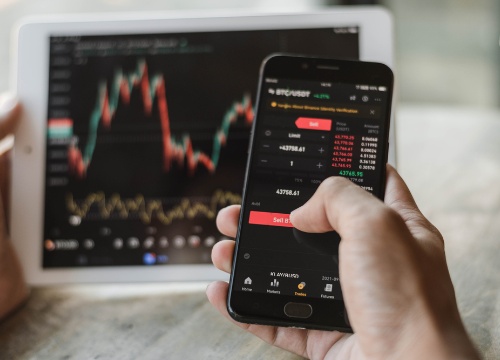European stocks mixed; French political crisis, U.S. inflation in focus

European equities traded narrowly on Tuesday as investors weighed political turmoil in France against anticipation of key U.S. inflation data later this week.
At 03:05 ET (07:05 GMT), Germany’s DAX slipped 0.1%, while France’s CAC 40 rose 0.2% and London’s FTSE 100 added 0.1%.
French political instability deepens
Prime Minister François Bayrou’s minority government collapsed Monday after losing a confidence vote, with lawmakers voting 364-194 to oust him.
Bayrou’s failure to secure backing for his 2026 budget plans—aimed at cutting France’s ballooning deficit—left President Emmanuel Macron searching for his fifth prime minister in under two years. Analysts expect Macron to name another centrist ally, but a durable political fix remains unlikely.
Markets are also bracing for Fitch’s review of France’s AA- credit rating on Friday, following Moody’s downgrade last year.
U.S. inflation eyed ahead of Fed move
Losses in Europe were capped as traders awaited U.S. CPI data due later this week, expected to confirm that the Federal Reserve will cut rates at its September 16–17 meeting. While a rate cut is seen as highly likely, debate remains over whether the Fed opts for 25 or 50 basis points.
ASML invests in French AI startup
In corporate news, Dutch chipmaking giant ASML (AS:ASML) said it will invest €1.3 billion ($1.5 billion) in French artificial intelligence firm Mistral AI, becoming its largest shareholder. The two companies will also collaborate on applying AI models across ASML’s product line and R&D.
Separately, Novartis (SIX:NOVN) agreed to acquire U.S.-based Tourmaline Bio (NASDAQ:TRML) for $48 a share, valuing the biotech at $1.4 billion.
Crude climbs on OPEC+ restraint
Oil prices rose after OPEC+ said it will increase production by only 137,000 barrels per day in October, well below recent monthly hikes.
At 03:05 ET, Brent crude futures gained 0.8% to $66.57 a barrel, while U.S. WTI crude futures rose 0.9% to $62.81.
Supply concerns were further fueled by speculation of fresh U.S. sanctions on Russia after President Donald Trump warned of a “second phase” of restrictions over Moscow’s ongoing attacks on Ukraine.
* The content presented above, whether from a third party or not, is considered as general advice only. This article should not be construed as containing investment advice, investment recommendations, an offer of or solicitation for any transactions in financial instruments.




